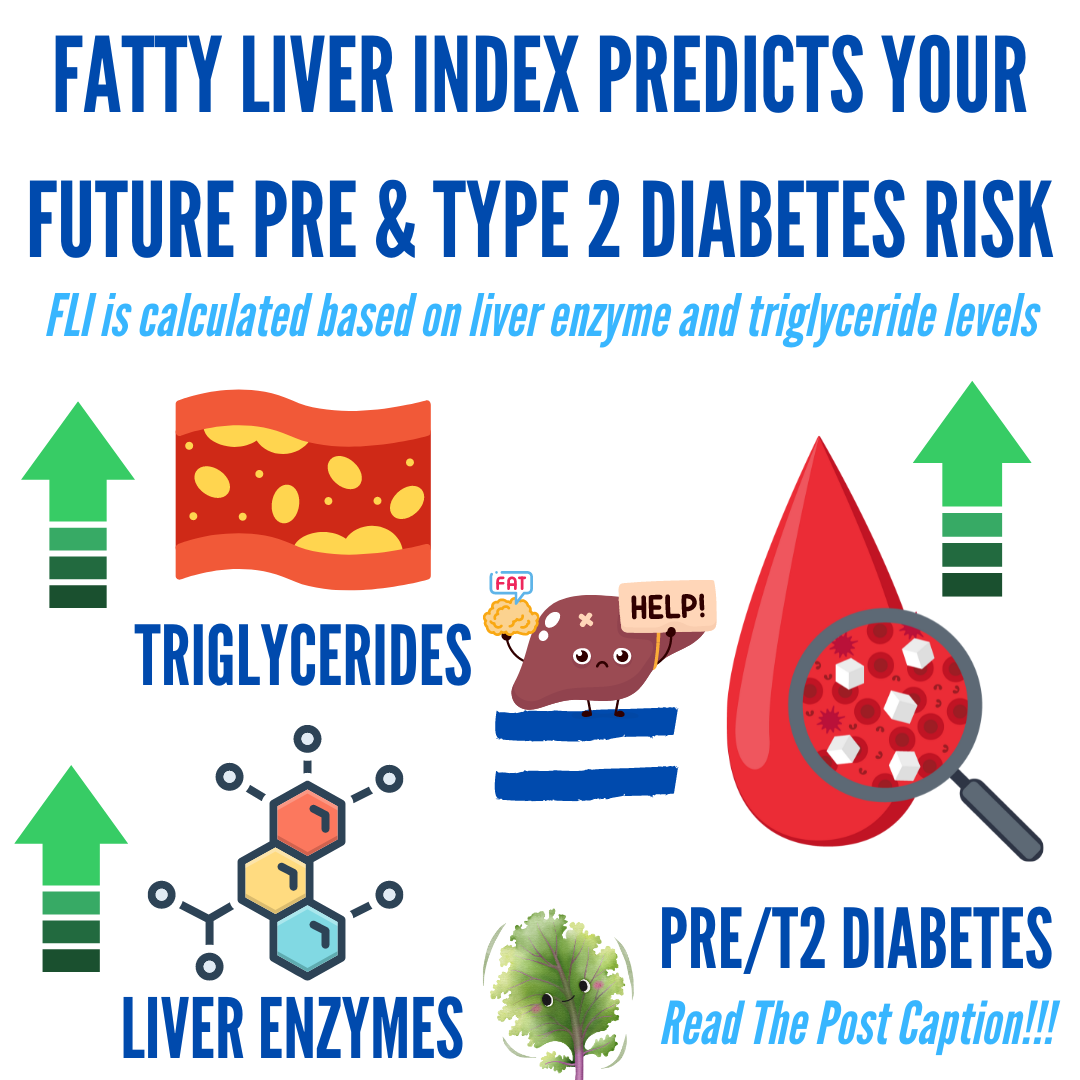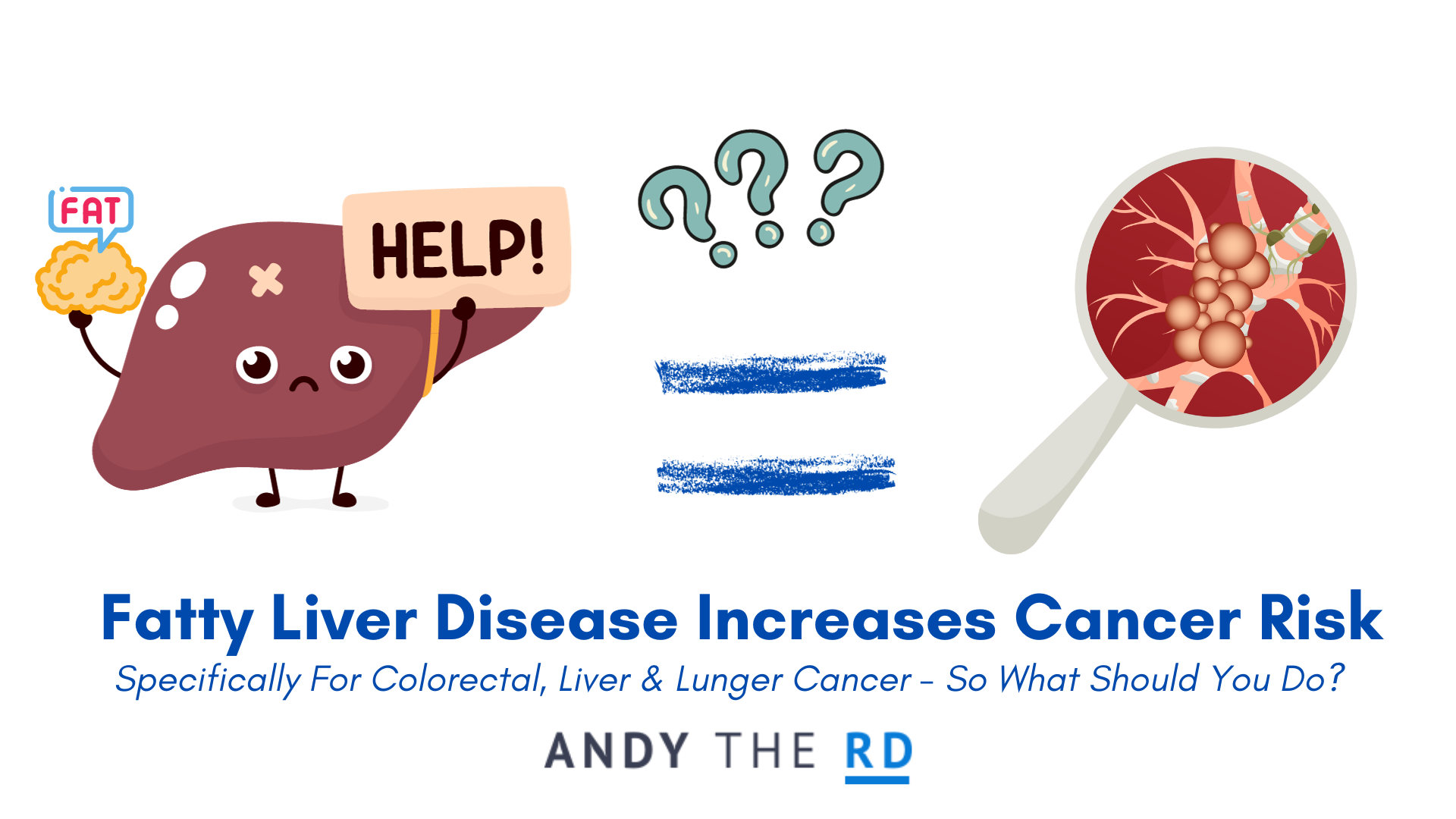I consider fatty liver disease to be the disease of tomorrow that’s already here today.
The acclaimed Lancet journal recently looked at the global prevalence of NAFLD and concluded not only that it was higher than previously estimated, but also that it was increasing at an “alarming” rate.
Their work suggested that nearly 40% of men around the world are currently living with a fatty liver.
Men are much more likely than women to be affected by fatty liver disease, although it remains a relevant concern for both sexes.
Now if you aren’t clear on what fatty liver disease is, or how it arises, I’ve written an introductory piece that will help support your understanding of the topic.
The goal of today’s article is to highlight the findings of a brand new JAMA study linking fatty liver disease to increased future cancer risk.
Let’s see what they found, and why it matters.
Fatty Liver Disease & Future Cancer Risk
The study in question was published in September 2023 and followed over 63,000 people (~80% male) over a 10 year period.
They found the following:
- People with fatty liver disease have a higher risk of colorectal cancer, liver cancer and lung cancer.
- People who were diagnosed young (<45) have an even higher risk of these cancers than older diagnosis.
The authors concluded, as is reasonable based on their findings, that acting decisively to manage fatty liver disease in those diagnosed at a younger age could play an important role in reducing future cancer risk and overall cancer prevalence in society.
Insights to Consider
Whether you are a curious health professional or have been recently diagnosed with fatty liver disease and are concerned about your long-term health, I’ve got some content and key messages for you to consider.
These key messages vary in importance, are presented in no particular order:
1. Coffee drinkers have a lower risk of liver cancer and slower rate of fatty liver disease progression.
2. Colorectal cancer risk is strongly tied to dietary choices, learn which foods hurt vs help.
3. There are very specific foods and supplements that can help you fight back against fatty liver disease.
4. People who eat ample amounts of Vitamin E and Flavonoids have a lower fatty liver disease risk.
5. People who eat more anti-inflammatory diets also have a lower fatty liver disease risk.
There is good news though.
A great deal of overlap exists in terms of what the best course of action is nutrition wise, meaning there are relatively simple shifts you can make to your diet to address multiple concerns in one swoop.
I can help you bring those shifts to life in the easiest way possible.

I Can Help Fight Back Against Fatty Liver
Andy De Santis RD MPH




